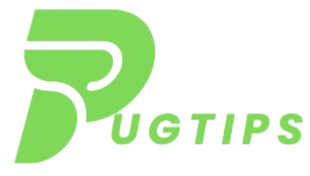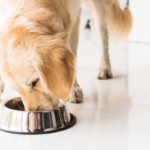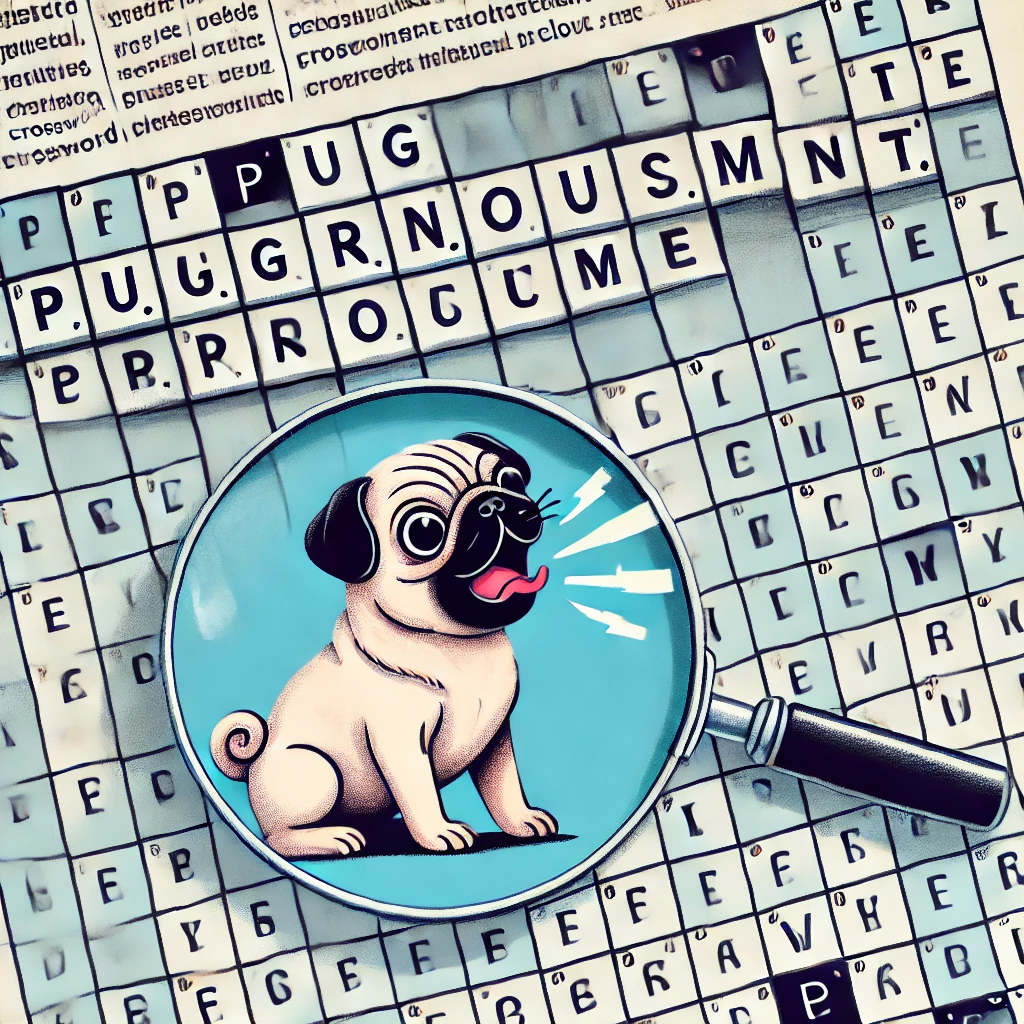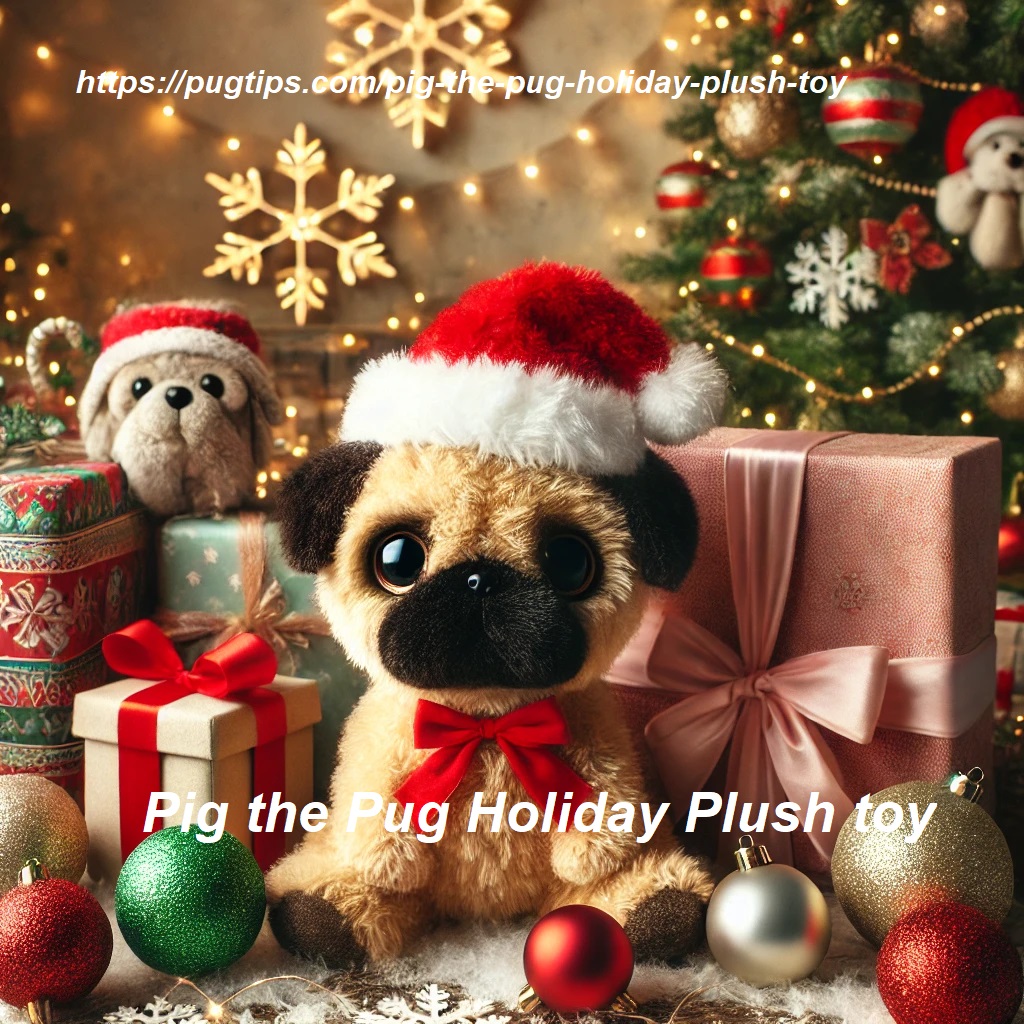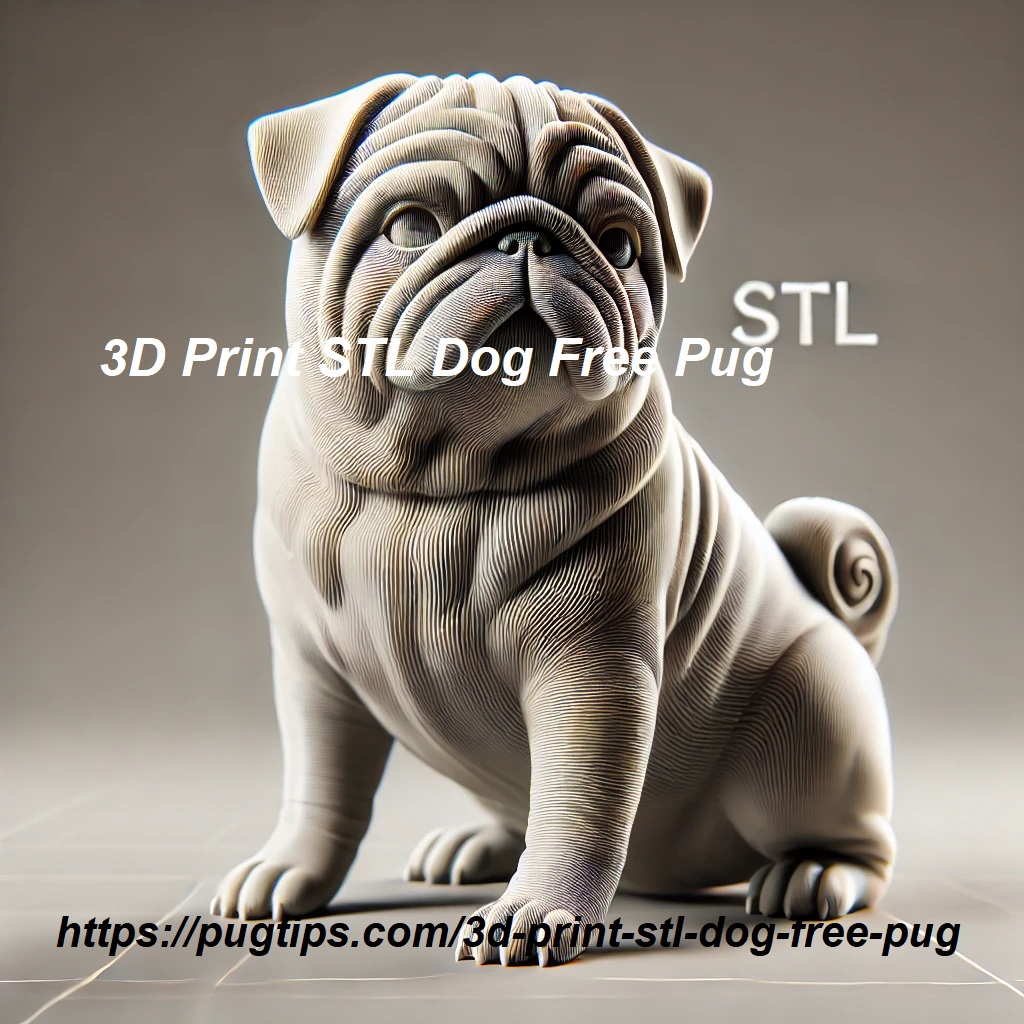Crossword puzzles have long been a popular pastime for puzzle enthusiasts. They not only challenge the brain but also provide a great sense of accomplishment when completed. However, some clues can stump even the most experienced solvers. One such perplexing clue is the “pug pronouncement crossword clue.” If you’ve found yourself stuck on this tricky riddle, you’re not alone. This article aims to delve into the meaning behind the clue, offering insights, tips, and solutions to help you solve it and similar crossword challenges.
What is the Pug Pronouncement Crossword Clue?
The phrase “pug pronouncement crossword clue” may sound odd at first, but understanding the nature of crossword puzzles can help shed light on it. Crosswords often play with words, and clues can be tricky, involving puns, wordplay, or cultural references.
In this case, the clue likely revolves around the idea of a “pug pronouncement,” which could refer to something a pug might “say” or symbolize. Since pugs are dogs, and pronouncements are declarations or statements, the answer to this clue could be a word or phrase associated with a dog’s vocalization or an expression related to pugs.
Decoding the Clue: Possible Interpretations
When facing a challenging clue like “pug pronouncement,” it’s essential to think creatively. Here are some potential interpretations and solutions:
1. Bark or Yip:
- The first and most straightforward interpretation might involve the sound a pug makes. Words like “bark,” “yip,” or “woof” could be the answer, especially if the crossword puzzle has a certain number of letters corresponding to these sounds.
2. Snort or Sneeze:
- Pugs are known for their distinctive snorting due to their short noses. If the crossword clue is hinting at a characteristic sound of a pug, then “snort” or “sneeze” might be the correct answer.
3. Statement or Saying:
- Since a pronouncement is a type of statement, the clue might be leading toward a phrase or common saying associated with pugs. For instance, “cute as a button” or “man’s best friend” could be possibilities, though these are usually too long for a standard crossword answer.
Tips for Solving Cryptic Crosswords
Understanding the basics of cryptic crosswords can make solving clues like “pug pronouncement” easier. Here are some tips:
1. Look for Wordplay:
- Many crossword clues, especially in cryptic crosswords, involve puns, anagrams, or other wordplay. Consider alternative meanings of words and how they might fit the puzzle’s theme.
2. Count the Letters:
- The number of letters required for the answer is crucial. It helps narrow down possibilities and can often reveal the solution if you think of synonyms or related words that fit the pattern.
3. Break Down the Clue:
- Try to divide the clue into parts. “Pug” might relate to the dog breed, and “pronouncement” could hint at a sound or a formal statement. This can guide you towards thinking of synonyms or related concepts.
4. Consider the Theme:
- Some crossword puzzles have a theme that ties the clues together. If you recognize a pattern or theme in the puzzle, it might help you decipher tougher clues like this one.
Common Crossword Clue Strategies
Beyond specific clues, familiarizing yourself with common crossword strategies can improve your solving skills.
1. Anagrams:
- Look for clues that suggest the answer is an anagram. Phrases like “mixed,” “confused,” or “jumbled” often signal this.
2. Double Meanings:
- Some clues have double meanings, where the answer might be a word with two distinct interpretations. For example, “bark” could refer to both a tree’s outer layer and the sound a dog makes.
3. Homophones:
- Clues that play on words that sound alike but have different meanings (homophones) are also common. A clue might involve a word that sounds like “pug,” leading to an answer that is a homophone.
4. Hidden Words:
- Occasionally, answers are hidden within the clue itself. Carefully reading the clue might reveal that the answer is embedded within the text.
Why Crossword Puzzles Are Beneficial for Your Brain
Crossword puzzles aren’t just a fun hobby; they’re also incredibly beneficial for mental health. Here’s how they help:
1. Mental Stimulation:
- Crossword puzzles require you to think critically and engage in problem-solving, which can keep your mind sharp.
2. Vocabulary Expansion:
- Regularly solving crosswords exposes you to new words and phrases, enhancing your vocabulary and language skills.
3. Memory Improvement:
- The process of recalling words and facts from memory can strengthen your memory over time.
4. Stress Relief:
- Focusing on a puzzle can be a great way to relieve stress and take your mind off daily worries.
Challenges and Rewards of Tough Clues
While challenging crossword clues can be frustrating, they also offer a great sense of satisfaction once solved. The key to overcoming tough clues like “pug pronouncement” lies in patience, practice, and the strategies mentioned above.
Each puzzle you complete not only boosts your confidence but also sharpens your problem-solving skills. Plus, with each tough clue you crack, you become better equipped to handle the next one.
Finding Resources and Tools for Crossword Enthusiasts
If you’re serious about improving your crossword puzzle skills, there are plenty of resources available:
1. Crossword Solver Tools:
- Websites and apps like Crossword Solver can help when you’re completely stuck by providing possible answers based on the clue and letter count.
2. Crossword Books:
- There are numerous books dedicated to crossword puzzles, ranging from beginner to expert levels. These can be a great way to practice and improve.
3. Online Communities:
- Joining online crossword puzzle communities or forums can connect you with other enthusiasts who can offer tips, hints, and encouragement.
4. Puzzle Apps:
- Mobile apps dedicated to crosswords allow you to practice anytime, anywhere, helping you hone your skills on the go.
How to Approach Crosswords with Confidence
To tackle crossword puzzles with confidence, it’s important to approach them with the right mindset:
1. Start with the Easy Clues:
- Fill in the answers you know first. This will give you a foundation to work from and might help you decipher the more challenging clues.
2. Don’t Be Afraid to Skip:
- If you’re stuck on a clue, move on to the next one. Sometimes, solving other clues will give you the letters you need to solve the tougher ones.
3. Practice Regularly:
- The more you practice, the better you’ll become at recognizing common crossword patterns and clues.
4. Enjoy the Process:
- Remember that crossword puzzles are meant to be fun. Enjoy the challenge and the process of learning and improving.
The Fascination with Crossword Puzzles
Crossword puzzles have captivated minds for over a century. Their blend of challenge and entertainment continues to attract a devoted following of solvers worldwide. Whether you’re a novice or a seasoned puzzler, there’s always something new to learn and enjoy with each puzzle.
The “pug pronouncement crossword clue” is just one example of how crosswords can challenge your wit and test your problem-solving abilities. But with patience, strategy, and a bit of creativity, even the toughest clues can be cracked.
FAQs
What does the “pug pronouncement” crossword clue refer to?
The “pug pronouncement” crossword clue likely refers to a sound or phrase associated with pugs, such as “bark,” “snort,” or even a playful phrase related to dogs.
How do I solve difficult crossword clues like “pug pronouncement”?
Approach difficult clues by breaking down the clue, considering possible wordplay, and thinking about synonyms or related concepts. Patience and practice are key.
What are common strategies for solving crossword puzzles?
Common strategies include looking for anagrams, double meanings, homophones, and hidden words within the clue itself.
Why are crossword puzzles good for brain health?
Crossword puzzles stimulate the brain, improve vocabulary, enhance memory, and provide stress relief, making them a beneficial mental exercise.
What resources can help with solving crosswords?
Resources include crossword.
VISIT MORE: PUG TIPS
